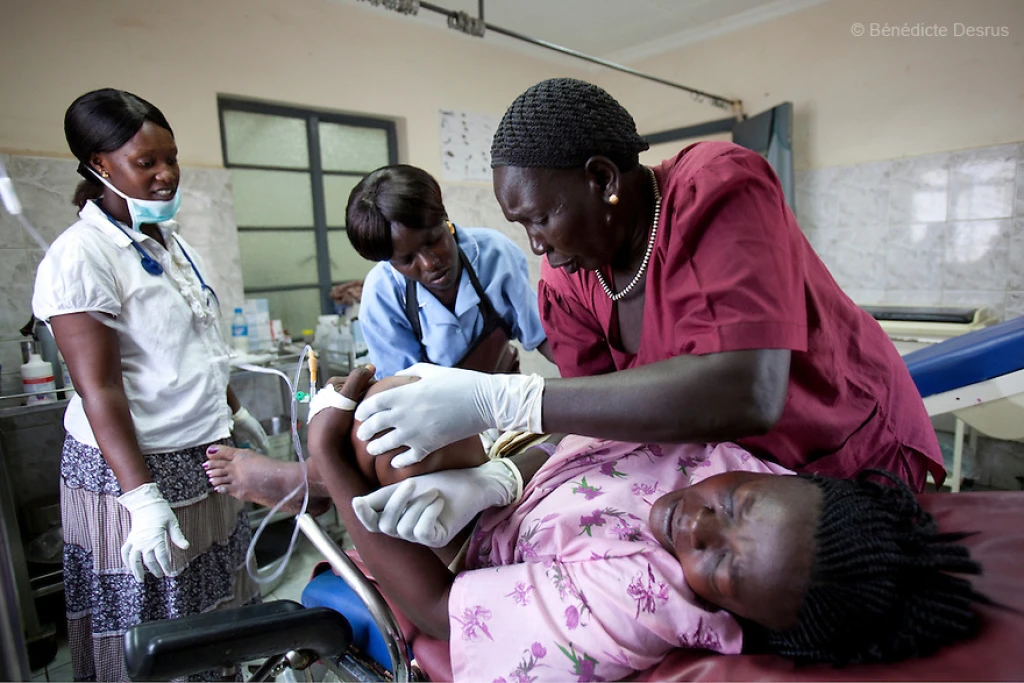
South Sudan remains the world highest country in child maternal death, with at least 1,150 deaths per 100,000 live births every year, the UN children’s agency (UNICEF) has said.
In a press conference marking the 10anniversary of the Child Survival Call to Action, a program that aims to improve maternal and child survival across the globe, the agency says maternal deaths are mostly due to infection, hemorrhage, and obstructed labor.
“A low perception of risk regarding childbirth and social norms prevents many mothers in South Sudan from using skilled birth attendants, giving birth at a health facility, or seeking antenatal care,” joint Press statement by UNICEF, USAID and Commonwealth, partly reads.
The UN experts say mothers and children in South Sudan are going through the toughest times that do not please the world.
“The situation for mothers and children in South Sudan does not reflect positive global trends and the situation in this country remains exceptionally dire for women and girls,” said Kate Crawford, USAID mission director for South Sudan.
Report show that from 2011 to 2020, the percentage of mothers who delivered babies in a health facility increased from 16.2% to 41.8%, and mothers who delivered in the presence of skilled health personnel increased from 22.1% to 39.8%
Andre Koelln, humanitarian and development director of the UK Foreign, Commonwealth, and Development Office, said the government should invest in health sector to reduce the rate of child maternal death in the country.
“Every mother and child deserves the chance to survive and thrive. This requires the government of South Sudan to strengthen the backbone of the health system, putting mothers and children at the heart of its vision for a healthier and more prosperous South Sudan,” Andre said.
A member of health committee in the Reconstituted National Legislative Assembly said the lawmakers are always in the fight with the executive over health budget.
“The budget, which is brought always is brought by the executive and they put a ceiling. So, most of our attempts to increase the health budget don’t go through, particularly last year,” said the lawmaker.
South Sudan Health budget has never exceeded 10% in the fiscal year budget since the country get it independence.
In 2021/2022 fiscal year budget, health budget rose from 2.4% to 9.7% but in 2022/2023, it fall back to 2.4%.
The joint statement indicates that in South Sudan, mothers who had at least one antenatal care visit during their last pregnancy rose from 44.6% in 2011 to 79.8% in 2020, surpassing the National Health Sector Strategic Plan goal of 60%. Postnatal care has also steadily increased, from 9% in 2011 to 21% in 2020.